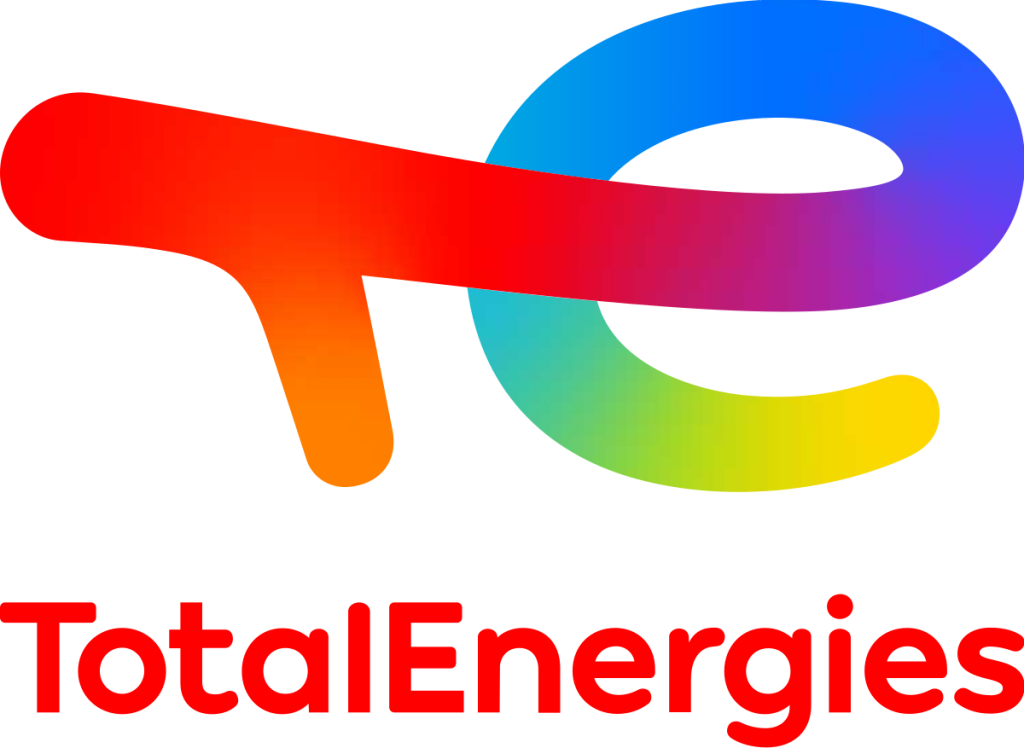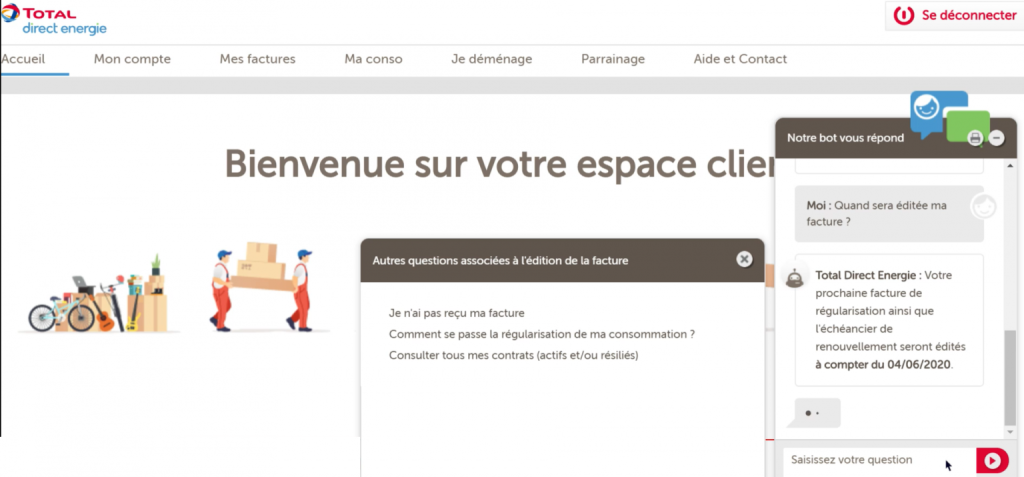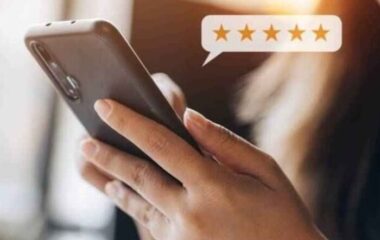
TotalEnergies, formerly Total Direct Energie, is the leading renewable energy supplier in France, and third electricity and gas operator. It became part of the TOTAL group in 2019, after a merger between Total Spring and Direct Energie. It is a private company and has been supplying consumers with electricity and gas since 2003.
Today, TotalEnergies has more than 4 million customers and delivers over 52 TWh of energy per year. The company has invested in a number of gas-fired plants and therefore produces a large part of its electricity itself.
In terms of business development, its focus revolves around innovation, leading to a more responsible consumption for professionals (400,000 clients), local authorities (100,000) and individual households.
The Chatbot
Direct Energie’s chatbot was implemented in July 2016, after the launch of a Live Chat at the end of 2014, with the aim, as always, of innovating and improving the customer relationship. Since early 2010, customer contact via digital channels has increased sharply. Total Direct Energie therefore decided to make this a key part of its development strategy. With 3 million customers at the time, many of their questions and requests revolved around the same recurring topics. As customers did not always look at the FAQs, TotalEnergies turned its attention to virtual assistant technologies, with performance indicators relating both to user rates and customer satisfaction, in order to provide continual assistance and to absorb the sheer volume of incoming requests.
Over the last 4 years, the number of bot interactions has steadily increased. This, of course, reflects a growing number of customers, but also the major steps taken to optimise the tool to meet these customers’ needs. This can be divided up into 3 main phases.
Firstly, the launch of the chatbot by creating a knowledge base – fifty or so articles initially – and deploying it on the customer account page. Within the first few months, there were already 300 conversations per day, during which the knowledge articles (question/answer pairs available in the chatbot database) were carefully reviewed, fine-tuned, and added to.
It soon became clear that personalising answers depending on the customer type – private household or professional -, history or consumption, would be a real asset. TotalEnergies therefore decided to implement sophisticated variables and decision trees, which had a positive impact on the chatbot’s frequency of use and satisfaction rate.
Finally, since the bot is located on the customer account home page, there were a lot of questions about logging in. More knowledge articles were therefore added and adapted to these requests. This took the chatbot use to yet another level and the number of conversations per day is now around 2,000.
Chatbot Use and Benefits
The main benefit for customers is that the chatbot can provide answers at any time of day or night, whether during the week, weekend, or on a bank holiday. It can answer questions about logging into a customer account, but also queries about contracts, (documents required, contract types, peak/off peak times, etc.) or invoicing and payments (due dates, receipt, checking your account, etc.). The bot can also redirect the user to more detailed documents or a phone agent for more complex requests. By analysing the answers and satisfaction rates, the bot helps avoid direct contact with customer services at least 4 times out of 10, allowing them to optimise their services.

Today, 18% of the chatbot’s knowledge articles cover 80% of the questions asked. The conversations are nonetheless continually reviewed in order to adapt to customer needs in real time. The knowledge base is thus regularly and quickly updated (currently nearly 250 knowledge articles). The tool is flexible and easy to use remotely. During the health crisis, this enabled Total Energie Direct to provide information about support measures as soon as they were announced by the government, such as the extension of the energy voucher scheme.
Advantages of the dydu Solution
The dydu solution was chosen for its simplicity and autonomous nature, which still apply today.
“The chatbot user interface is simple. You don’t need any particular skills to add knowledge articles. The tool is a turnkey solution. We are completely autonomous,” François Remuhs explains, in charge of general customer services for digital customer relations and new uses within TotalEnergies’ operations department, who was behind the implementation and development of the chatbot.
While user support is highlighted, the design and ergonomics of a “fun” product is what wins employees over.
And tomorrow…
Until now, the chatbot has been fairly independent. But it will soon be interconnected with a multi-channel solution, in order to assist customers via instant messaging or social media as well. New environments such as Messenger or Twitter are currently being looked at. Finally, the chatbot will move from a purely informational and “redirectional” tool, to a transactional one. To take its use further and provide a more personal experience, it will be connected to TotalEnergies’ CRM, enabling the bot to send emails or carry out simple actions such as gathering data for a new contract.
A service culture is at the heart of TotalEnergies’ values, who closely monitors customer satisfaction and their tendency to recommend the brand to others. TotalEnergies is now reaping the benefits of its strategy and investments, winning the “Prix de l’Excellence Client” in 2019 (awarded by the Académie du Service, Ipsos and Trusteam Finance), alongside 9 others out of 160. And we have no doubt that the dydu chatbot played a part.





